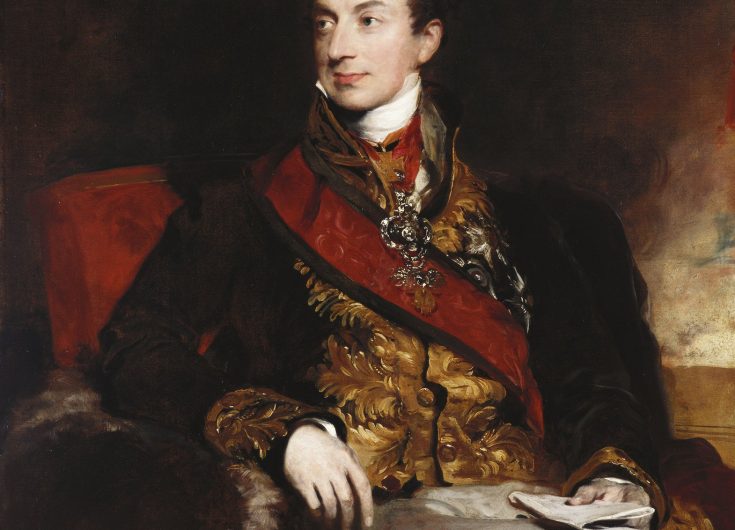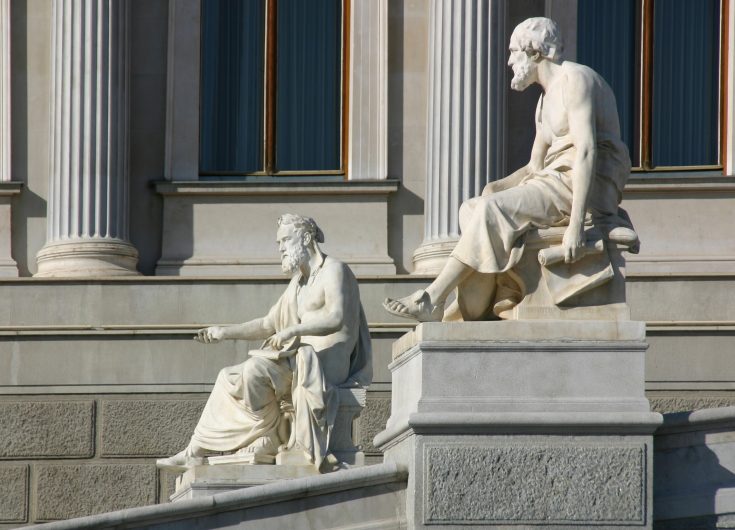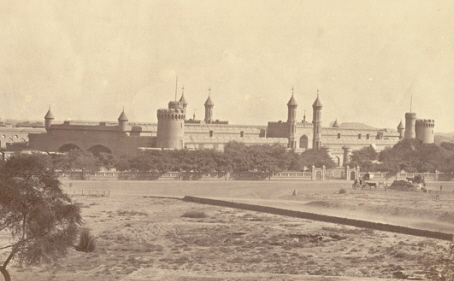Colin Gray’s Geopolitics — Then and Now
Colin Gray's influential 1977 monograph, "The Geopolitics of the Nuclear Era, Heartland, Rimlands, and the Technological Revolution," helped to revive an understanding of international politics that had been largely discredited by its association with the Nazis and the German geopolitik of Karl Haushofer. Gray maintained this foundational assessment of international politics throughout his career, which took him through the end of the Cold War, the so-called post-Cold War, and what is now called the era of great power competition.






